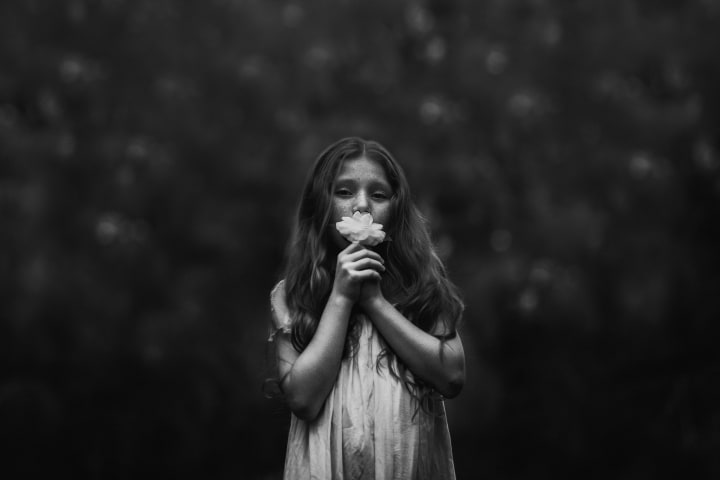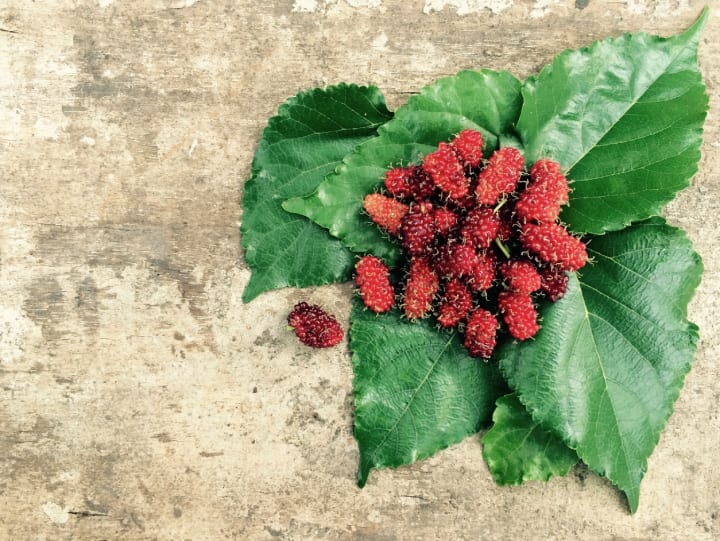
If you’re a parent of children (or have children in the family), chances are that you’ve sung them a nursery rhyme or two in the past. There’s something about those catchy little tunes that kids love, and they’re useful for soothing babies to sleep or singing while playing a game.
So far, so sweet, right? Well, it turns out that many of the world’s best-loved nursery rhymes have rather more sinister sub-texts. Believe it or not, they’re about death, disease, religious persecution and much more.
The Grisly, Gory, Disturbing Stories Behind Nursery Rhymes
Mary, Mary, Quite Contrary

Ah, this one sounds so cute, doesn’t it? Gardens filled with ‘silver bells’ and ‘cockleshells’ and ‘pretty maids’… what could be nicer?
Well, according to some theories, this sweet little song masks a plethora of horrible references. It’s thought that the Mary in question was Queen Mary Tudor (also known as ‘Bloody Mary’) and is all about her brutal torturing of Protestants. The ‘garden’ is a cemetery, rapidly filling up with Christian corpses. The ‘silver bells’ were thumbscrews and the ‘cockleshells’ were torture instruments that were used on male genitals. Trust me, it’s better that you don’t know exactly how.
Three Blind Mice
What have we here? An innocent rhyme about some visually impaired rodents, or another thinly veiled attack at Mary Tudor? You guessed it, it’s the latter! The ‘three blind mice’ in question are thought to be Nicholas Radley, Thomas Cranmer and Hugh Latimer – three Protestant bishops who attempted to overthrow the Queen. The ‘blindness’ is believed to be a reference to their religious beliefs.
‘See how they run’ indeed. Turns out, no amount of running could save this hapless trio, who were burned at the stake for their crime.
Here We Go Round the Mulberry Bush

Ah, how many times have I seen children skipping innocently in circles to this song, completely oblivious to its origins? Believe it or not, the rhyme refers to a mulberry bush in the exercise yard at Wakefield Prison (UK). The female prisoners used to trudge around the bush for their daily exercise, and sang the song while they were doing so.
Hmm. Doesn’t sound nearly so cheery now, does it?
Oranges and Lemons
Firstly, if you can remember all the verses, I salute you; as I can generally recall about two, max. However, most people know that each verse mentions a church in London, with a quaint little rhyme to accompany it.
What most people don’t know is that the song is about a famous execution route through the city – hence the final line “here comes a chopper to chop off your head”. Gory stuff indeed, but then, back in the day, that’s what passed for entertainment in London…
Lucy Locket

Now, this has to be innocent, doesn’t it? It’s just about a girl called Lucy who loses her purse, and another girl (called Kitty) who finds it for her. What could be nicer, or more altruistic, I hear you say? Ha – think again. The Lucy of this nursery rhyme is actually a woman who had her lover stolen by the famous prostitute Kitty Fisher. Saucy stuff for a so-called children’s rhyme.
There Was An Old Woman Who Lived in a Shoe
This one’s pretty bleak even without knowing its roots. I mean, it’s about an old dear who had way too many kids, who couldn’t feed them, and who beat them before they went to bed. We’ve already covered malnourishment and abuse without revealing where the inspiration came from!
Apparently, the rhyme was created to highlight the plight of the poor. Of course, back in the day, parents thought nothing of beating their kids, and food was scarce if you didn’t have cash. So there you go; hardly a nursery rhyme at all, but more a sad reflection on the state of society at the time.
Ring a Ring a Roses / Ring Around the Rosie

Atish-oo, atish-oo, we all fall down. What could be sweeter? Well, according to popular opinion about this nursery rhyme, quite a lot of things, actually. Apparently, the lyrics refer to the terrible plague that befell London in 1665. The roses and pocketful of posies masked the smell of rotting flesh; and the falling down refers to the huge number of lives lost.
London Bridge is Falling Down
There are loads of theories about this particular song, and the truth is, no-one’s quite sure what the real origin is. However, some explanations are grislier than others. Some historians claim that the rhyme is really about human sacrifice – and the notion that the bridge would collapse unless someone was bricked up beneath it.
Traditionally, when kids play this game, a pair form the arch and the others run underneath. Until the end of the song of course, when whoever was beneath the arch would be trapped within it. Sounds rather more sinister now, doesn’t it?
About the Creator
L.A Banks
Hello! I'm an experienced copywriter, published author (The Case of the Green-Dressed Ghost) and all-round film buff and music obsessive. If it's weird, you can guarantee I'll like it. Website: www.lucy-banks.co.uk






Comments
There are no comments for this story
Be the first to respond and start the conversation.